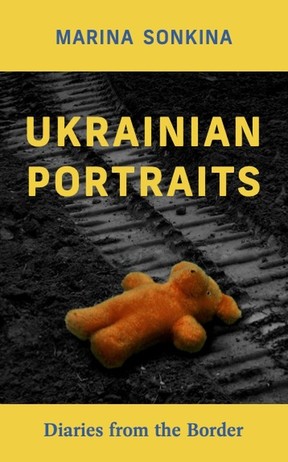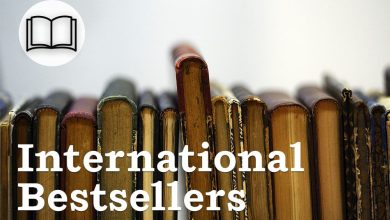Testimony from humanitarian volunteer puts a human face on Ukraine war

Reviews and recommendations are unbiased and products are independently selected. Postmedia may earn an affiliate commission from purchases made through links on this page.
Article content
Ukrainian Portraits: Diaries from the Border
Marina Sonkina | Guernica Editions
Article content
$20 | 121 pp.
“War, what is it good for? Absolutely nothing,” as Edwin Starr’s 1969 rock anthem reminded us. You would think that humanity would have learned that lesson in the “blood dimmed tides” of the 20th century, but no. War continues to haunt us.
Most readers will be aware of the battle to defend Ukraine from Vladimir Putin’s invading legions. Although perhaps the best-known 21st century war, Ukraine has not been the deadliest, at least not yet. That honour goes to the civil war in Ethiopia that has killed more than 100,000 combatants since it began and caused an estimated 900,000 civilian deaths.
Article content

Add to the war dead the millions of refugees scattered across the map. At the end of 2022, the United Nations was counting 35.3 million refugees worldwide, 5.4 million asylum seekers and 62.5 million internally displaced in their own countries. Currently, the UN reports that more than seven million of those refugees are from Ukraine. The numbers are enough to make the eyes glaze over and the heart grow numb.
The numbing effects of these brutalities, so understandable and yet so morally debilitating, can best be countered by accounts that give human faces, names, and details to the victims of war. Marina Sonkina, once a refugee from Russia who is now a lecturer at B.C.’s Simon Fraser University, does just that in her recently published Ukrainian Portraits. This lovingly observed and eloquently rendered introduction to some of the refugees the author met while volunteering on the Polish-Ukrainian border shortly after the Russian invasion of 2022 is an act of witness and human solidarity, and an altogether admirable book.
The author introduces us to a grandmother who dodged Russian missiles to escape to the Polish border with her six grandchildren. And to Vera, an elderly woman anguished about having left her sister behind when she fled. And, among others, to Maria, an aging music teacher fleeing alone and bearing with her the painful memories of an adult daughter totally won over by Russian propaganda and its claims that people like her parents were Ukrainian Nazis.





